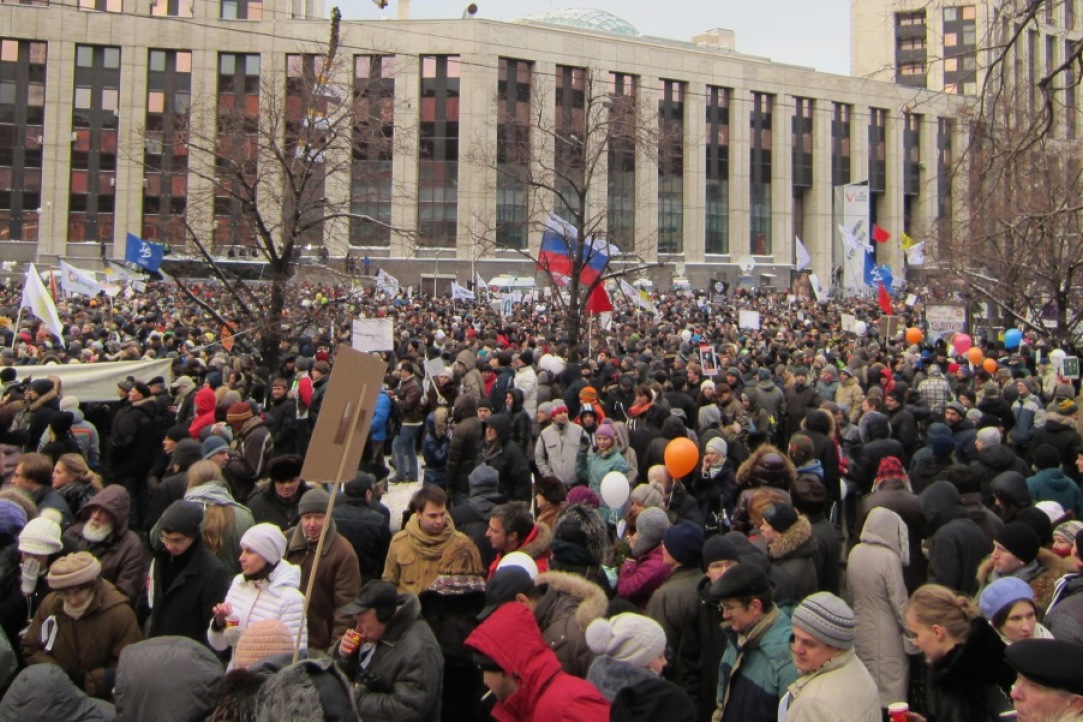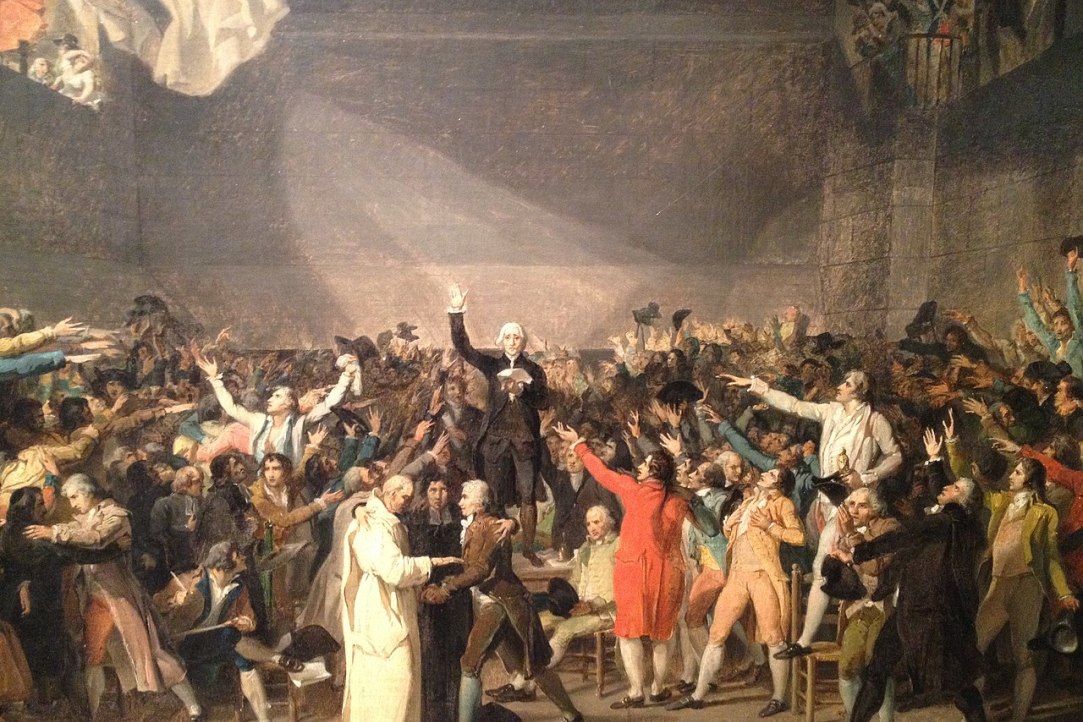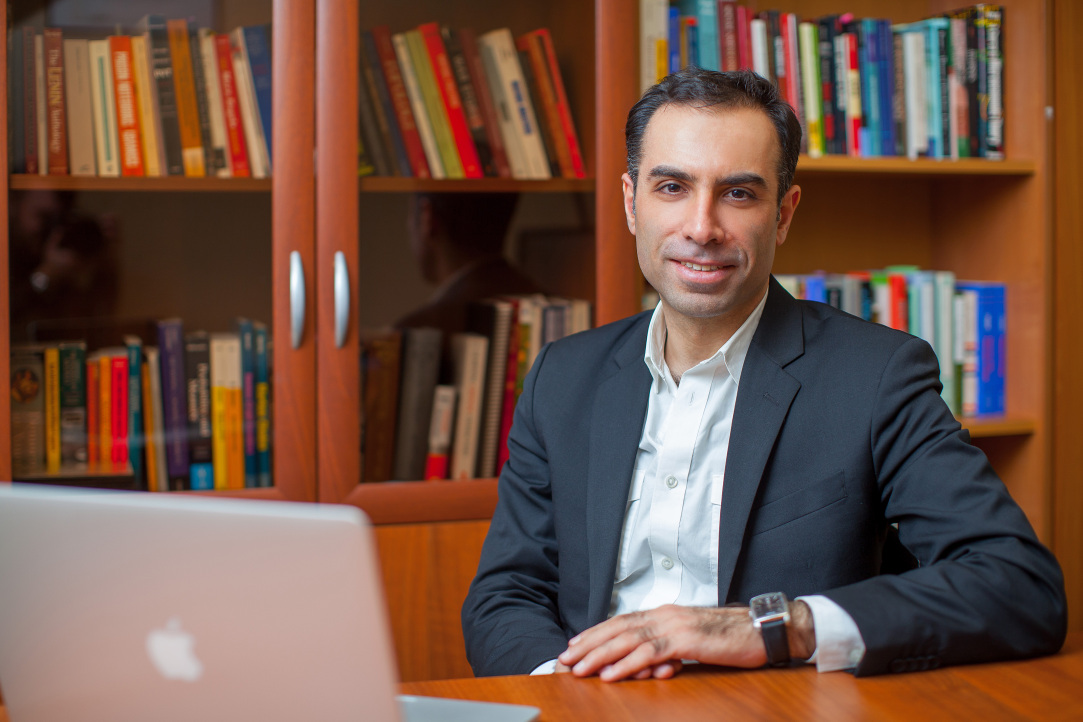
Tag "political science"


‘We tried to give them a bright future.’ These are the words of engineers, construction workers, geologists, doctors and other specialists from the former Soviet republic regarding the years they spent in Mongolia. Those Soviet-era specialists are still united by the memory of trying to build something on such a grand scale and then seeing the whole project collapse. More than 100 members of that community agreed to be interviewed in-depth by political scientist Alexei Mikhalev. Here, he shares information from their collective memory with IQ.HSE.
‘State capacity’ refers to a state’s ability to make and effectively implement decisions in domestic and foreign policy. In a study, HSE University political scientists evaluated the state capacity of 142 countries. Based on their findings, the researchers created and trialed a state capacity index, identified eight models of state capacity, and compiled a general international ranking.
David Szakonyi, Assistant Professor of Political Science from George Washington University, recently attended the 8th Annual Conference of the International Center for the Study of Institutions and Development (ICSID) held at HSE University in Moscow this June. He has spoken to HSE News service about the conference and his cooperation with HSE University.
.jpg)
The article ‘Regime Type and Political Destabilization in a Cross-National Perspective: A Re-Analysis’ by Andrey Korotayev, Professor at HSE School of Political Science, co-authored by Julia Zinkina (HSE), Elena Slinko (Rossiya Segodnya) and Stanislav Bilyuga (MSU) was published in the journal ‘Cross-Cultural Research’.

More than twenty years after the collapse of the socialist bloc, virtually none of the post-communist countries have attained the level of socioeconomic development characteristic of advanced democracies. Likewise, none of the post-communist countries have emerged as successful autocracies with high-quality public institutions, such as those found in Singapore or Oman. Professor Andrei Melville, Dean of the HSE Faculty of Social Sciences, and Mikhail Mironyuk, Associate Professor of the HSE School of Political Science, examine possible reasons why it is so.
In San Francisco, the 111th annual meeting of the American Political Science Association (APSA) – one of the largest international conferences in the field of political science – recently took place. Scholars from HSE presented their research on forum panels such as ‘Fiscal Politics in Federal Systems’, ‘Social Policy in Non-democracies: Dynamics of Social Policy Debates in Russia’, ‘Incumbents and Elections in Developing Countries’, and ‘Power in 21st Century World Politics’.
